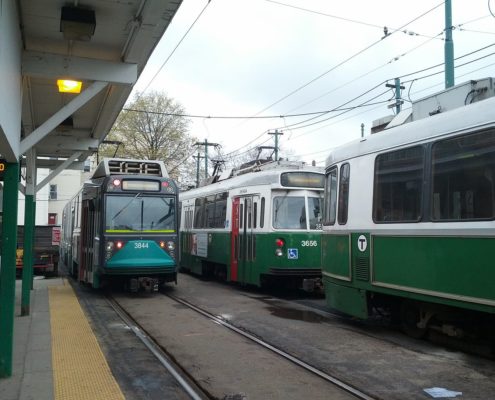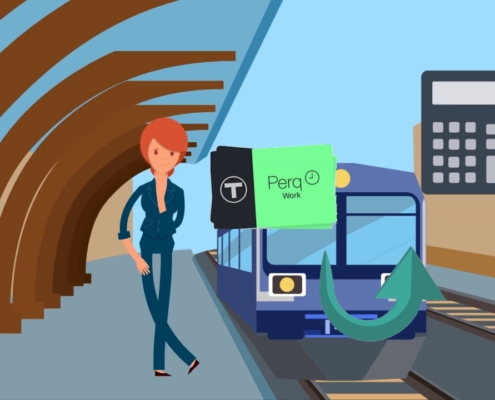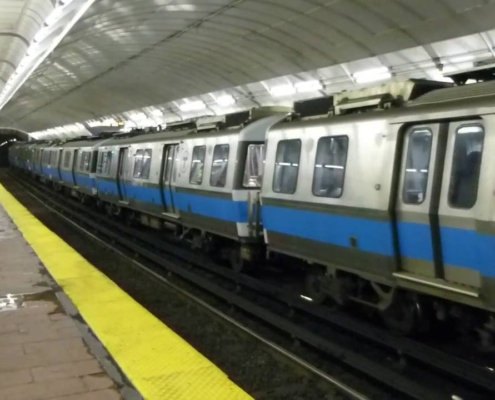VIDEO: Attract & Retain Top Employees Through Perq!
In part two of a new three-part animated video series, Pioneer Institute highlights an MBTA commuter pass program called Perq, that helps Greater Boston businesses attract and retain top talent, and results in savings through tax benefits.
[ytp_video source=”d1b5K4iPORI”]
The video features two characters, one of whom recommends that the other, an employer, begin offering Perq. She then describes how many businesses already use the program, how it generates savings, and the impact on employee retention and productivity. Companies looking to participate in the program can visit the MBTA’s Perq website: https://perq.mbta.com/.
The 2018 Pioneer Institute white paper, “Increasing MBTA Ridership and Revenues with Company Commuter Benefit Programs,” found that a 20 percent jump in employer and employee participation could increase annual T revenue by $70 million. New revenue generated through Perq, which is a market-based solution, does not require any fare increase or additional taxpayer subsidy.
Pioneer released the first in a trio of Perq videos last week. It focused on a character from Metro-West whose commute has grown far longer over the last decade, prompting her to urge her employer to begin offering Perq. She describes the savings realized from riding commuter rail rather than driving, and how the program has restored work/life balance and increased her productivity. The final video in the series will be released next week.
[ytp_video source=”d1b5K4iPORI”]
Get Updates on Our Transportation Research
Related Posts









